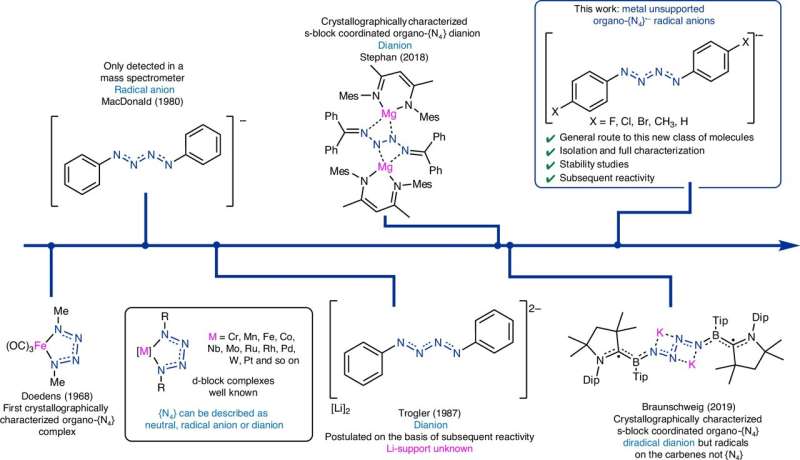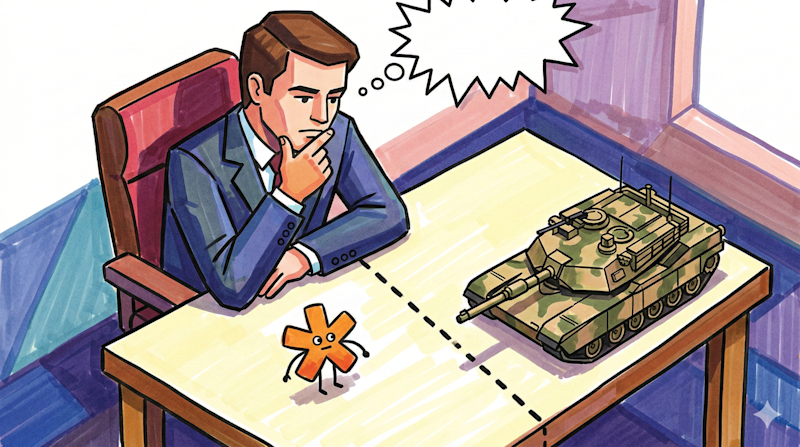
The evolving landscape of urban living in Tokyo is marked by the rise of shared houses, which are changing the perception of home for many residents. A recent analysis of descriptions from 1,374 shared houses listed by property suppliers on a major real estate website reveals that these collective living spaces are increasingly marketed as lifestyle choices rather than mere cost-saving alternatives.
Urban density in Tokyo has prompted a shift towards more communal living arrangements. This change is influenced by rapid social and demographic transformations, which have led individuals to seek not only housing but also connection and community. Researchers conducted a thorough examination of how shared houses are framed in advertisements, uncovering key insights into the motivations behind this growing trend.
Marketing Shared Living as a Lifestyle
The analysis highlights that property suppliers emphasize the communal aspects of shared houses, portraying them as vibrant communities where residents can interact and support one another. Descriptions often focus on shared amenities, such as communal kitchens, lounges, and social events, which foster interaction among tenants. This approach contrasts with traditional housing advertisements that typically focus on privacy and individual space.
In addition to community, safety is a prominent theme in the marketing of shared houses. Many listings underscore the secure living environments these spaces offer, appealing to younger residents and newcomers who may prioritize safety in a bustling urban landscape. The perception of shared housing as a secure and inclusive environment is a significant factor for many potential tenants.
The Impact of Collective Housing
The shift towards shared living arrangements reflects broader trends in urbanization and lifestyle preferences. Younger generations, particularly those in their twenties and thirties, are drawn to the flexibility and social opportunities that shared houses provide. This demographic is increasingly prioritizing experiences over material possessions, making communal living an appealing choice.
As Tokyo continues to evolve, the concept of home is being redefined. Shared houses not only offer a roof over one’s head but also create a sense of belonging in a city where isolation can be a common experience. The findings from this study suggest that the future of urban housing may increasingly lean towards collective living arrangements that prioritize community, safety, and lifestyle over traditional notions of home.
The research sheds light on the changing dynamics of urban life and the potential for shared housing to address some of the challenges posed by modern living. As cities around the world grapple with similar issues, Tokyo’s experience may serve as a model for other urban centers exploring innovative housing solutions.







